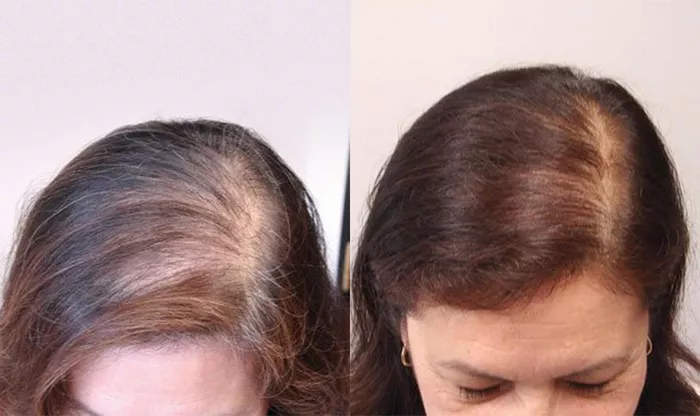Hair loss is a common concern for both men and women, affecting self-esteem and confidence. Fortunately, advancements in medical science have paved the way for hair restoration procedures, such as hair transplants, to combat hair loss effectively. If you’re considering a hair transplant, you might be wondering, “How Much Time Does Hair Transplant Lasts?” In this comprehensive guide, we will delve into the longevity of hair transplants, discussing the factors that influence the duration, maintenance tips, and the overall benefits of this transformative procedure.
Understanding the Lifespan of a Hair Transplant
Once you’ve undergone a hair transplant, you can expect to see the initial growth of your newly transplanted hair within three to four months. This initial growth phase is promising, and you’ll notice a significant change in your hairline. However, it’s essential to understand that the longevity of a hair transplant depends on various factors.
1. Growth Phases:
The initial growth is followed by a shedding phase, which can be distressing, but don’t worry. After this phase, the hair regenerates and becomes stronger and more resilient. The final results will become more apparent in about 12 to 18 months.
2. Genetic Factors:
Your genetics play a significant role in determining how long your hair transplant will last. Hair follicles taken from the back of your head (the donor area) are typically resistant to the effects of DHT (dihydrotestosterone), which is responsible for hair loss. This means that the transplanted hair should be permanent, as long as the donor area remains unaffected by hair loss.
Maintenance for Long-Lasting Results
To ensure that your hair transplant lasts as long as possible, you should follow specific maintenance guidelines.
1. Hair Care Routine:
After your transplant, it’s crucial to follow a gentle and non-disruptive hair care routine. Avoid harsh chemicals, excessive heat styling, and tight hairstyles that may damage the transplanted hair.
2. Healthy Lifestyle:
Maintaining a healthy lifestyle with a balanced diet, regular exercise, and proper hydration can positively impact the longevity of your hair transplant. A well-nourished body supports hair growth.
3. Medical Consultation:
Regularly consult with your hair transplant specialist for follow-up appointments and advice. They can assess the progress and recommend any necessary treatments.
The Benefits of a Hair Transplant
The following are the benefits of hair transplantation:
1. Natural-Looking Results
One of the primary benefits of a hair transplant is the natural appearance it provides. The transplanted hair blends seamlessly with your existing hair, making it virtually indistinguishable from your natural locks.
a. Hairline Restoration: Hair transplant procedures, such as follicular unit extraction (FUE) and follicular unit transplantation (FUT), are designed to restore your hairline, creating a natural and youthful appearance.
b. Enhanced Confidence: The positive transformation in your appearance can significantly boost your self-esteem and confidence, allowing you to enjoy life more fully.
2. Permanent Solution for Hair Loss
Unlike some other hair loss treatments, such as medications or topical solutions, a hair transplant offers a permanent solution.
a. No Ongoing Expenses: Once you’ve undergone a hair transplant, you won’t need to continue purchasing expensive hair loss products or medications, making it a cost-effective choice in the long run.
b. Minimal Maintenance: As mentioned earlier, the maintenance required for a hair transplant is relatively simple and sustainable.
3. Personalized Treatment
Hair transplant procedures are highly customizable, ensuring that your specific needs and goals are addressed.
a. Tailored Design: Your hairline design and placement are meticulously planned to achieve the look you desire.
b. Donor Area Selection: Your surgeon will select the donor area based on the quality and quantity of the available hair, ensuring the best results.
See Also: How Many Hairs Do I Need Transplanted: A Comprehensive Guide
Conclusion
In conclusion, the longevity of a hair transplant largely depends on factors like your genetics, maintenance routine, and the expertise of your surgeon. With proper care and a commitment to a healthy lifestyle, your hair transplant can last a lifetime. The benefits of a hair transplant, including natural-looking results, permanence, and personalized treatment, make it an attractive solution for those seeking to regain their confidence and combat hair loss.
If you’re considering a hair transplant, consult with a board-certified hair restoration specialist to discuss your options and embark on the journey to a lifetime of beautiful, natural hair.


